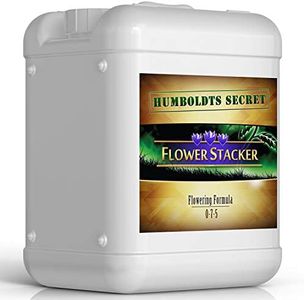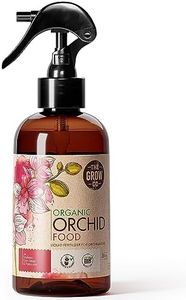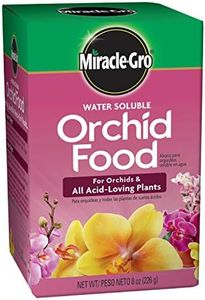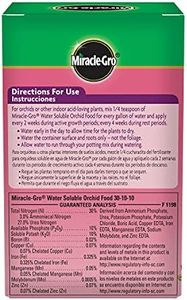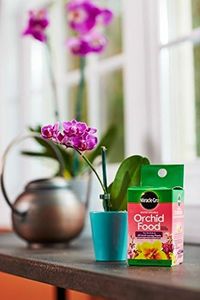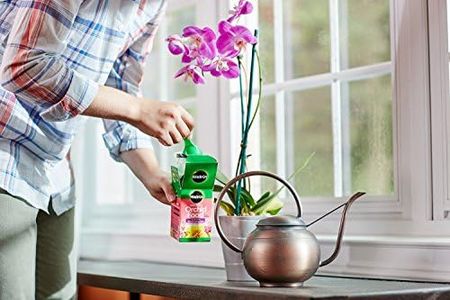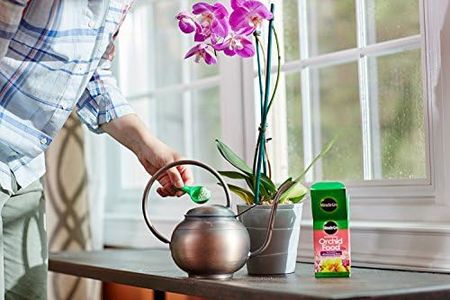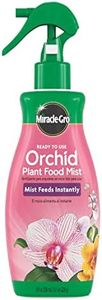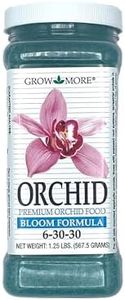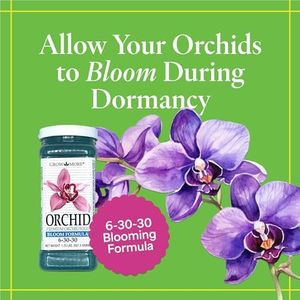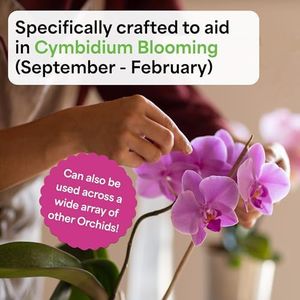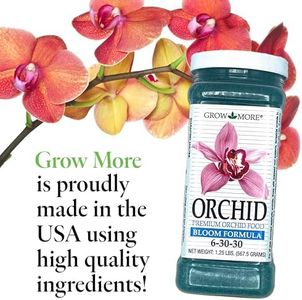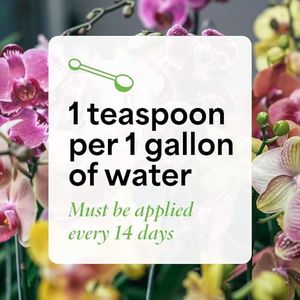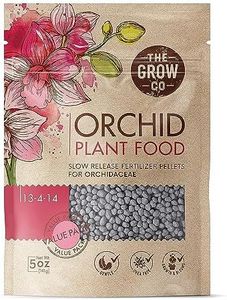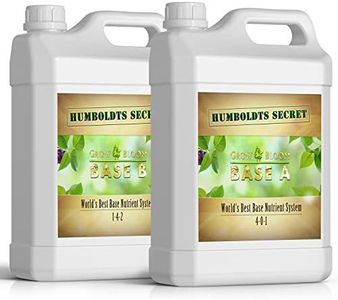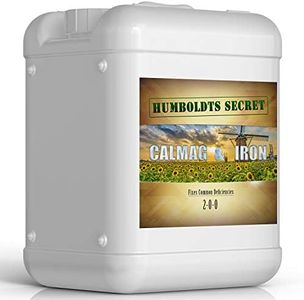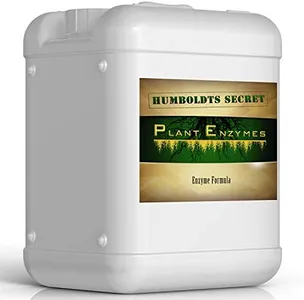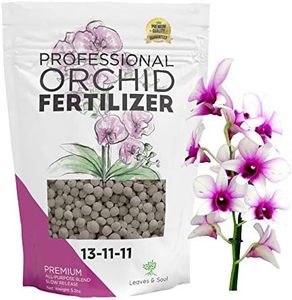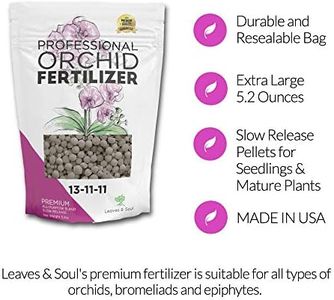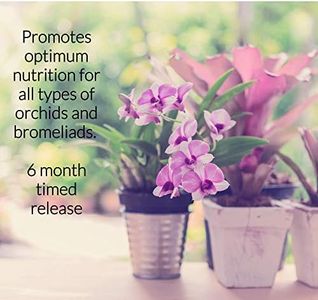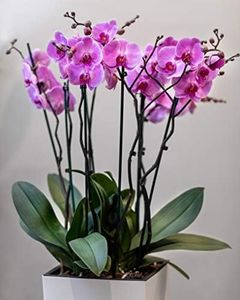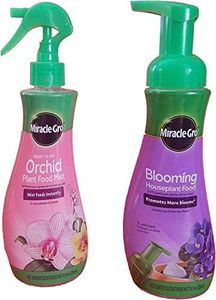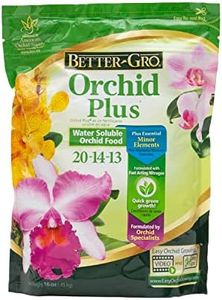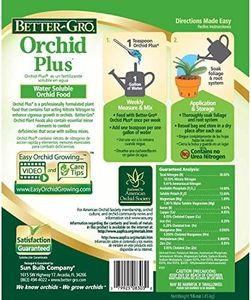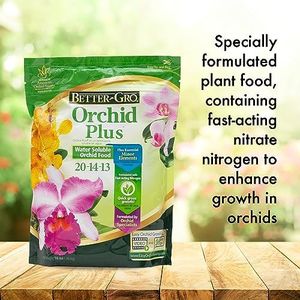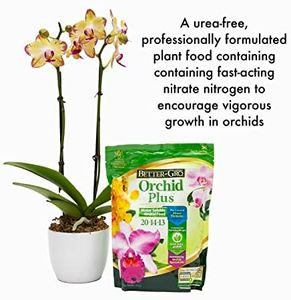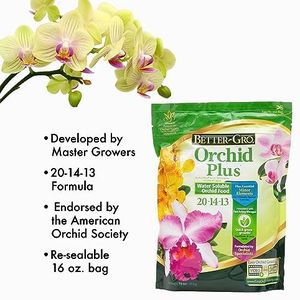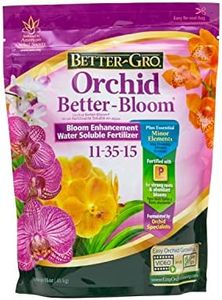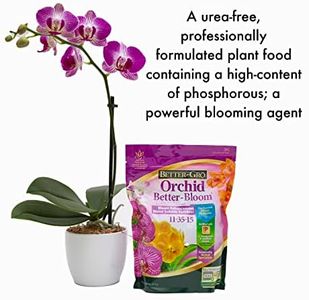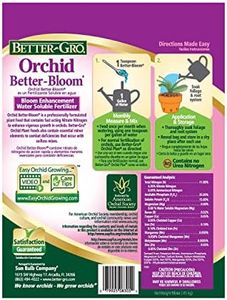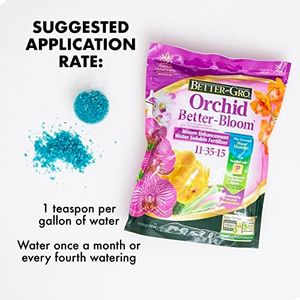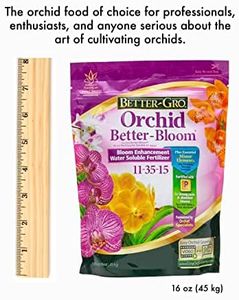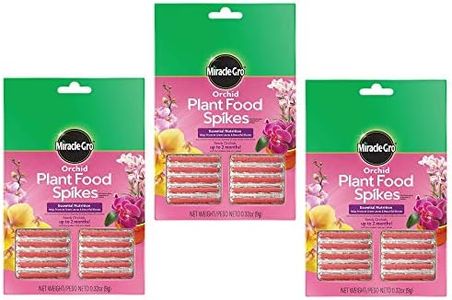10 Best Fertilizers For Orchids 2025 in the United States
Winner
Organic Ready to Spray Orchid Food Mist - Bloom Booster Fertilizer for Orchids in Pots - Plant Nutrients for Healthy Flower & Reblooms (8 oz)
Organic Ready to Spray Orchid Food Mist - Bloom Booster Fertilizer for Orchids in Pots - Plant Nutrients for Healthy Flower & Reblooms (8 oz)
Chosen by 1261 this week
Miracle-Gro Water Soluble Orchid Food, Plant Fertilizer, 8 oz.
Miracle-Gro Water Soluble Orchid Food, Plant Fertilizer, 8 oz.
Miracle-Gro Ready to Use Orchid Plant Food Mist, Feeds All Types of Indoor Orchid Plants, 8 oz.
Miracle-Gro Ready to Use Orchid Plant Food Mist, Feeds All Types of Indoor Orchid Plants, 8 oz.
Our technology thoroughly searches through the online shopping world, reviewing hundreds of sites. We then process and analyze this information, updating in real-time to bring you the latest top-rated products. This way, you always get the best and most current options available.

Our Top Picks
Winner
Organic Ready to Spray Orchid Food Mist - Bloom Booster Fertilizer for Orchids in Pots - Plant Nutrients for Healthy Flower & Reblooms (8 oz)
Most important from
3725 reviews
The Organic Ready to Spray Orchid Food Mist is an excellent choice for orchid enthusiasts who prefer organic solutions. Its light NPK ratio ensures it's safe for all orchid types without causing root burn, which is a common issue with synthetic fertilizers. The urea-free formulation supports vibrant leaves and stunning blooms, making it great for both indoor and outdoor potted orchids.
The misting spray is pre-mixed and ready to use, simplifying application and eliminating the need for complicated soil preparations. This ease of use makes it perfect for beginners or those looking for a hassle-free fertilizing option. Additionally, it is designed to work with various potting mixes including bark, sphagnum moss, pumice, and perlite, ensuring compatibility with most orchid growing mediums.
Its effectiveness might be limited for larger collections or commercial growers due to the relatively small volume of 8 ounces, which may require frequent repurchasing. While organic fertilizers are generally better for long-term health, some immediate growth benefits seen with synthetic options might be less pronounced. This product is suitable for anyone aiming to keep their orchids healthy and blooming with minimal effort.
Most important from
3725 reviews
Miracle-Gro Water Soluble Orchid Food, Plant Fertilizer, 8 oz.
The Miracle-Gro Water Soluble Orchid Food is a popular choice for nurturing orchids and other acid-loving plants. This product is designed to be applied every 2 weeks during active growth periods and every 4 weeks during rest periods, making it relatively easy to maintain a consistent feeding schedule for your orchids.
One of its notable strengths is that it promotes deep, rich leaf color, beautiful blooms, and strong root development. The mixing ratio is quite simple, requiring just 1/2 teaspoon per gallon of water, and it comes in an 8-ounce liquid form, which is convenient for precise application.
The product is synthetic, which may be a disadvantage for those preferring organic options. Despite this, the Miracle-Gro Water Soluble Orchid Food remains a strong contender due to its ease of use and proven efficacy in enhancing the health and appearance of orchids.
Miracle-Gro Ready to Use Orchid Plant Food Mist, Feeds All Types of Indoor Orchid Plants, 8 oz.
Most important from
52089 reviews
Miracle-Gro Ready to Use Orchid Plant Food Mist is designed specifically for indoor orchid plants, making it a convenient choice for orchid enthusiasts. The ready-to-use mist formulation allows for direct application to leaves, roots, and growing media, ensuring that nutrients are quickly absorbed. This can be particularly beneficial for various types of orchids such as Phalaenopsis, Cattleya, and Cymbidium among others.
The recommended application frequency of once per week is practical and fits well into a routine care schedule. However, it's important to avoid misting the flowers to prevent potential damage. The product's 8-ounce volume is adequate for medium coverage, which should suffice for most home orchid collections.
Despite these minor drawbacks, the ease of use and the tailored formulation for orchids make this mist a valuable addition to an orchid care regimen.
